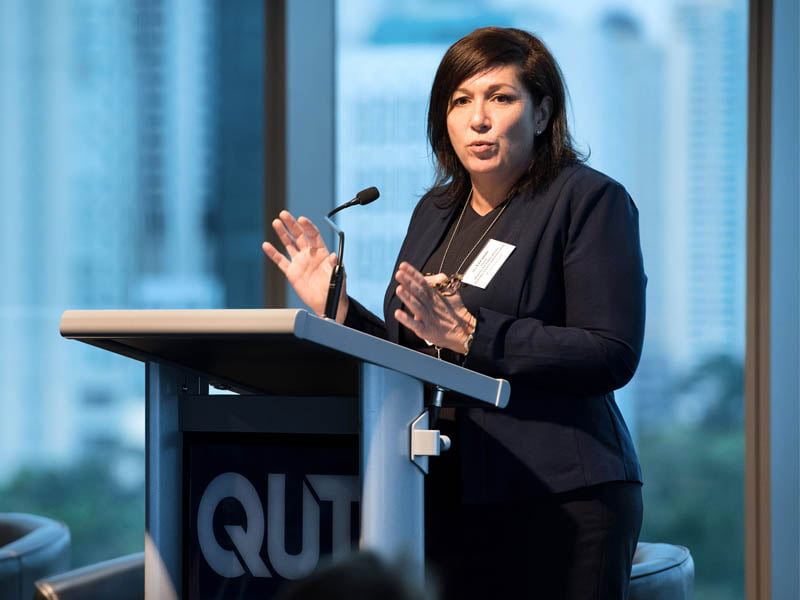Without science, there is no innovation. That’s the position Leeanne Enoch is taking in her new role as the Queensland Minister for Environment and Science, following the state’s election late last year after which the innovation portfolio passed to Kate Jones.
“I want my department, the Department of Environment and Science, to be the most innovative in Queensland government, and I want science to be at the heart of what we do as a department,” Ms Enoch told InnovationAus.com.
Since assuming the new role, Ms Enoch has been recognised by counterparts for her unique approaches to tackling complex challenges. For instance, instead of taking the safe approach of issuing a call for tender in relation to helping preserve and restore the Great Barrier Reef, she launched a new challenge through Queensland’s nascent Small Business Innovation Research (SBIR) program.

“I think in a time where we are dealing with very complex, intersected, hard-to-solve issues, we can’t just do it the way we’ve done before,” Ms Enoch said.
“We can’t just say, ‘this is what we need and we’re going to put out for tender’. Instead, we’re saying, ‘let’s all join together on these very complex issues and find some new ways that people may never have thought of people, and totally be game changers’.”
Aside from the Great Barrier Reef project, Ms Enoch has her eyes set on taking advantage of more Advance Queensland programs to help tackle other issues on her agenda.
“I’m already seeing quite a number of complex issues that have been perpetual with lots of different views, lots of emotions attached to it that we can potentially look at very differently,” she said.
“Innovation and science are key to us in being able to deal with what are sometimes absolutely big, audacious issues that we’ve been tackling for decades. You’ll probably see more of this kind of thinking from us.”
Does this mean we’ll see some friendly competition between Ms Enoch and Innovation minister Kate Jones to see who can be the most “innovative”?
According to Ms Enoch, it’s a matter of working together, assuring there will be plenty of overlaps in their work, as well as across the entire government portfolio.
“Kate will influence government practices more broadly. She will continue on the work of Advance Queensland, which I’m basically implementing in my department and other departments are doing it as well,” she said.
“If you look at the uptake of the SBIR project, for instance, we’ve got government agencies from across the whole gamut that are now looking at what are the curly issues, and can we use SBIR or TWiG (Testing Within Government), or some other procurement model that can assist startups to get into the government space, grow their own businesses, and employ more Queenslanders.
“You’re seeing that across government anyway, and with Kate really driving the Advanced Queensland agenda, you’ll probably see that’s where it’s headed. She’s going to lead that at a time where people are ready for the conversation.”
But it’s not just the concept of innovation that Queensland is welcoming with open arms, science – or STEM more broadly – is too. Ms Enoch pointed out how the recent launch of the World Science Festival program in Brisbane is expected to attract more people than previous years. In the first year, the event saw 120,000 attendees and last year over 180,000 flocked to the event.
“The message around the importance of STEM is starting to cut through to our neighbours and their kids. I think people are recognising it is going to be and already is a critical part of our economy and the economy that our kids are going to find in either making or creating jobs,” she said.
Ms Enoch expressed disappointment at the Federal government decision to remove the science portfolio from the core cabinet makeup, following the cabinet reshuffle at the end of last year.
This is despite the federal government gunning for the delivery of its National Innovation and Science Agenda.
“It is disappointing to see that science is not part of cabinet makeup in federal government. For me that’s very disappointing, especially at this time more than ever where science is absolutely going to be – or it is – a bedrock for our future.”
Do you know more? Contact James Riley via Email.

